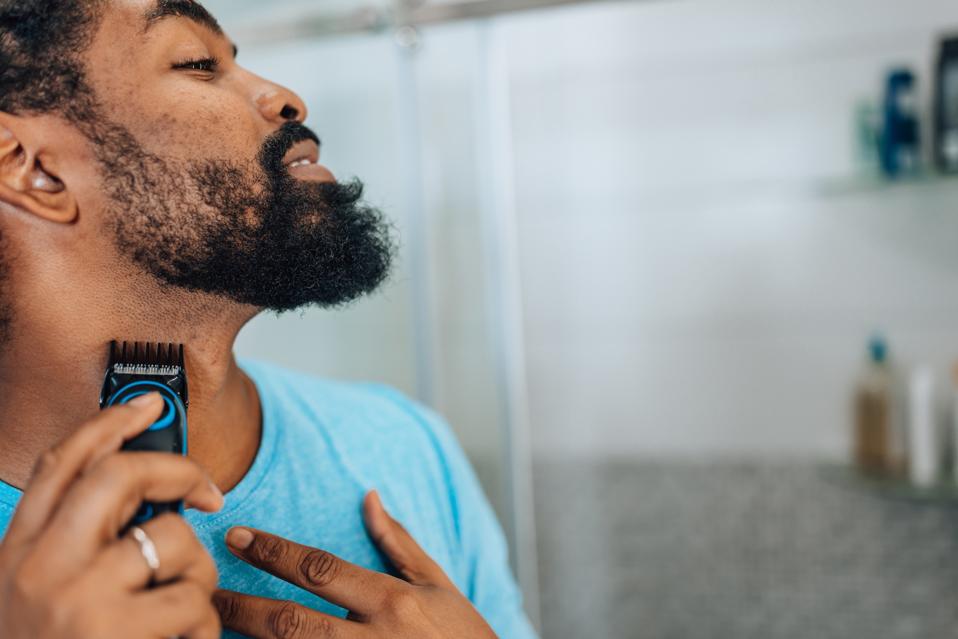Secretary of War Pete Hegseth, who recently spoke to an audience of generals, admirals and senior enlisted personnel at Quantico, Virginia, declared that facial hair would no longer be tolerated in the military. Hegseth stated, “If you want a beard, you can join special forces. If not, then shave. We don’t have a military of Nordic pagans.” A memo signed by Hegseth indicated that all personnel were expected to remain clean-shaven and that beards, goatees, and other facial hair were not allowed “unless specifically authorized.” It has been pointed out that policies like this reinforce bias and racism.
Black men are more prone to pseudofolliculitis barbae, a skin condition that leads to itching, inflammation, keloids and an increased likelihood of scarring, according to research. A seemingly neutral policy that requires military members to be clean-shaven has a disproportionately negative impact on Black men, leading to disparate impact, a legal term to describe when a neutral policy causes harm to a protected class of people. In addition to Black men being harmed by this new policy, it could also lead to religious discrimination. According to some reports, for Muslims, Sikhs, Rastafarians, the Amish, and Orthodox Jews, there may be restrictions around shaving one’s beard. A no-beard policy may unfairly impact those who are part of some religious groups.
In the past, the legality of no-beard policies has consistently been challenged. In Maryland in 1990, a University of Maryland police department policy that prohibited beards was found to be racially discriminatory. In 1991, the Equal Employment Opportunity Commission (EEOC) provided clear evidence that a no-beard policy that had been introduced by Domino’s Pizza had a “discriminatory impact on Black males.” In 2000, Domino’s Pizza finally ended its no-beard policy, “settling a 12-year-old Maryland lawsuit that accused the company of discrimination against a Sikh whose religion forbids shaving.”
In the workplace, grooming and appearance policies can often lead to bias. Corporate handbooks, for example, may include guidelines about hairstyle, that can lead to race-based hair discrimination. In addition, there are often unspoken, ambiguous and subjective workplace rules around professionalism. Grooming and appearance policies, designed to govern workplace standards, can be weaponized against employees from minoritized groups. As attorney Leah Goodridge explained in a piece on professionalism as a racial construct, professionalism is often used as a way to police and subjugate people of color.
Under the current administration, the power of the EEOC, an organization designed to enforce employee protections, could be severely weakened, indicated the Economic Policy Institute. Following Trump’s executive order indicating that federal agencies would deprioritize disparate impact cases, some have pointed out how this decision will limit the EEOC’s ability to address workplace discrimination. Disparate impact is a type of discrimination that falls under Title VII of the Civil Rights Act of 1964. It’s important to note that Title VII of the Civil Rights Act, which is a federal law that provides protections against employment discrimination based on a set of protected classes, does not apply to members of the military.
For those who are directly impacted by the no-beard policy, there may be a few options that are available. If you are seeking an exemption from the new policy, military members should look into a medical or religious accommodation. For those who aren’t military personnel but oppose this new policy, continuing the conversation about this issue and raising awareness about how it negatively impacts different communities is imperative. Share information, educate others and continue to use your power, your voice and your influence to drive change.

